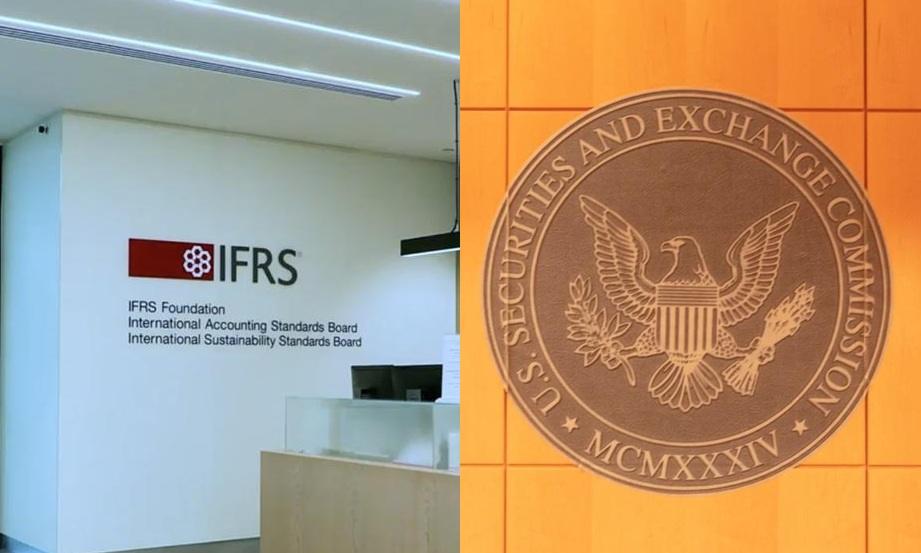Accounting Body ACCA Calls on EU to Simplify Sustainable Finance Disclosure Regulation
Global accountancy body the Association of Chartered Certified Accountants (ACCA) has called on the European Commission to introduce changes to the Sustainable Finance Disclosure Regulation (SFDR), focused on simplifying and reducing the reporting burdens for financial markets participants under the regulation.
In a letter responding to a call for evidence on the SFDR by the Commission, ACCA said that in its current form is hindering the sustainability practices of some businesses.
The Sustainable Finance Disclosure Regulation, in application since 2021, sets out how financial market participants, such as asset managers, have to communicate sustainability information to investors, regarding the integration of sustainability risks and the consideration of adverse sustainability impacts in their processes and the provision of sustainability‐related information with respect to financial products. The regulation’s underlying goals include helping to attract private funding to facilitate the transition towards greater sustainability, and helping companies pursue transition-related opportunities.
The Commission issued its call for evidence last month, seeking input on its initiative to revise the SfDR in order to improve the regulation’s usefulness and reduce reporting and compliance burdens for investors. Specific aims highlighted by the Commission included simplifying key concepts of the SFDR, and streamlining and reducing disclosure requirements, with a focus on the most essential information for investors.
According the ACCA’s response, the requirements of the SFDR are “too granular and complex,” creating constraints that “have prevented the SFDR’s aims and objectives being fully achieved.” In its letter, ACCA said that the large volume of data required under the SFDR can strain asset managers’ budgets and “lead to sustainable financial products being deprioritized.” ACCA also said that the lack of strong enforcement mechanisms in the SFDR has created concerns that some asset managers may not sully comply with the regulation, undermining its effectiveness in promoting sustainable practices.
ACCA’s response also said that the regulation has limited applicability for smaller firms with limited resources to comply with its requirements, hindering the adoption of ESG integration by these firms. Additionally, ACCA said that the SFDR has an insufficient focus on social factors, calling on the Commission to consider how social elements can be incorporated further into product categories, and that the regulation’s “do no significant harm” test lacked clarity.
In its review, the Commission said that it will explore the case for categorizing financial products that make sustainability-related claims. Potential categories would reflect the various sustainability objectives of the financial products, such as products contributing to a sustainability objective, products contributing to the transition, or products contributing to other ESG strategies.
In its response, ACCA said that it agrees with the Commission’s decision to reconsider the regulation’s product categorization approach, noting that the current Article 8 and Article 9 system was identified as “being stringent to the point of a barrier to entry.”
ACCA called on the Commission to consider a transition-focused approach, and to create more flexibility and phase in the regulation’s implementation.
Joe Fitzsimons, Regional Lead Policy and Insights, EEMA & UK, ACCA, said:
“EC was a first mover in establishing SFDR to combat greenwashing and is now looking to address undue burdens by simplifying and streamlining the requirements. We encourage the EC to use this first mover advantage and revisions process as an opportunity to influence wider global regulations.”






